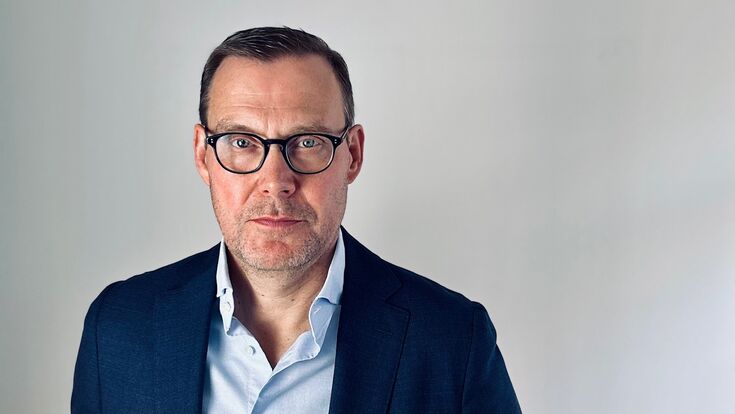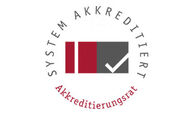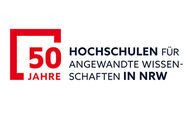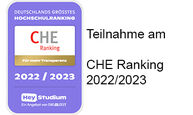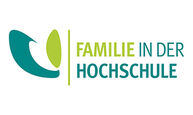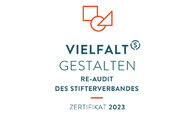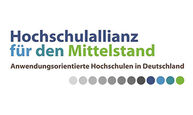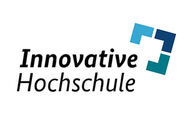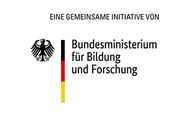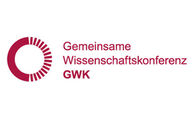Last winter semester, students on the Master's course in Human Resources in the Department of Economics at the Niederrhein University of Applied Sciences (HSNR) investigated what expectations employees in Germany have of the working world in 2035 - and how they rate them. The results of their study are now available. The sobering conclusion: our working world will change dramatically - but we are not sufficiently prepared for it.
For the second time since 2018, Professor Dr Alexander Cisik and his students have developed a future scenario in the form of theses and asked professionals how likely they think these theses are and how they assess the developments described in them.
Expectation of change meets scepticism about the future
The results paint an ambivalent picture: technological, organisational and cultural changes are seen as inevitable, but are not automatically perceived as positive. There is a high expectation of change, which goes hand in hand with pronounced scepticism about the future. Longer working lives, the increasing blurring of boundaries between work and private life and the loss of analogue forms of work are viewed particularly critically - aspects that deeply encroach on existing comfort zones.
At the same time, the need for individualisation, value orientation and meaning is growing. Traditional success metrics such as income and status are becoming less important. Social skills are becoming more important in management culture, while traditional power mechanisms are increasingly being questioned.
Dystopian mood prevails
Overall, the mood is rather pessimistic: only a small proportion of respondents expect positive effects on motivation, well-being or economic performance. Generation X (41-55 years) is particularly cautious, while women tend to be more confident. Managers are more sceptical than employees. Compared to the 2018 survey, confidence has decreased significantly.
Security instead of self-realisation
The vast majority of employees apparently perceive social change as a threat. This explains why many reject rather than welcome the increasing flexibilisation of work and life and the associated freedom of action. Currently, the perceived burden of responsibility clearly dominates over the desire to help shape things.
The study clearly shows that companies need to focus more on the needs of their employees - not only for ethical reasons, but also to remain attractive and fit for the future. At the same time, employees are also required to engage with change and actively help shape it. Above all, this means questioning existing patterns of thought and behaviour, openly accepting new approaches and courageously seizing the opportunities they present.
The full research report can be downloaded here: http://www.hsnr.de/Arbeitswelt-2035-Forschungsbericht


